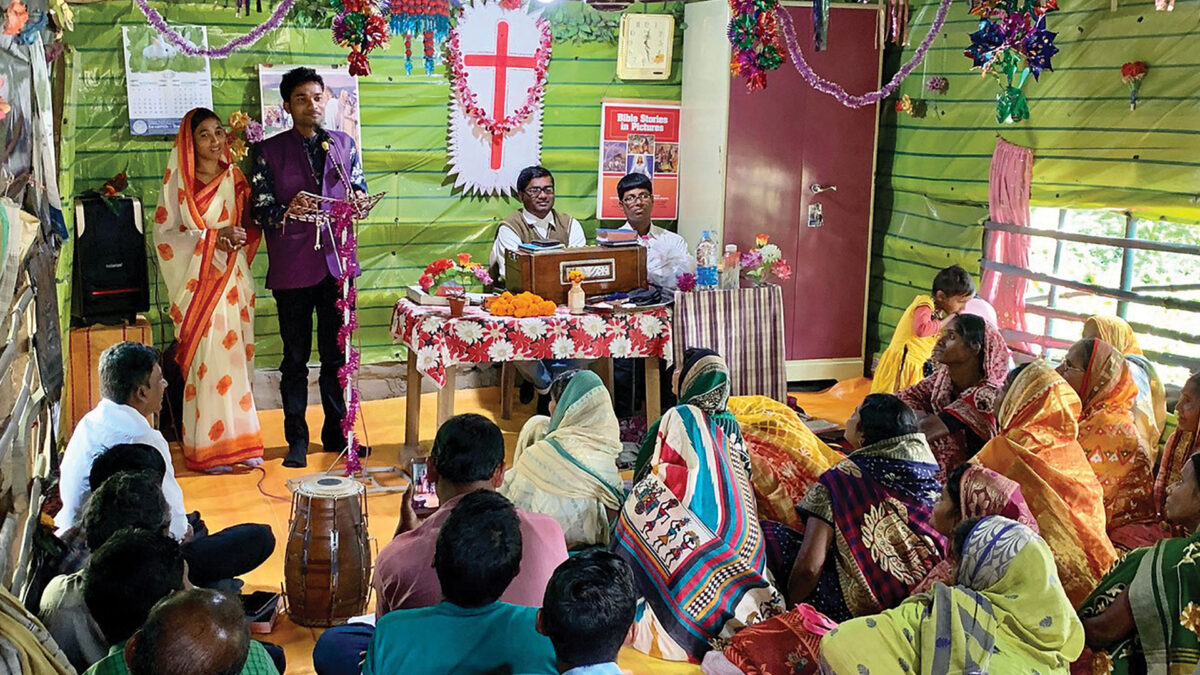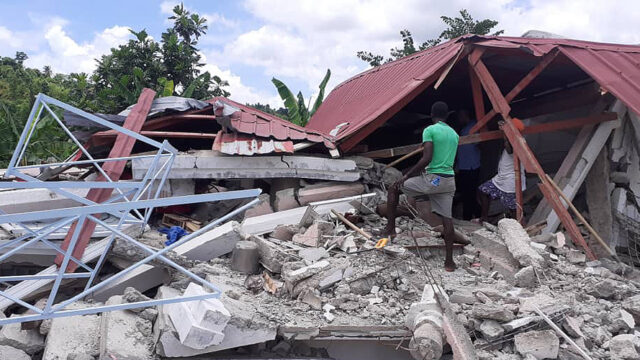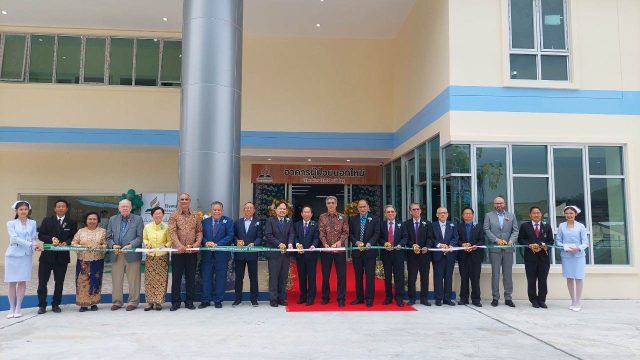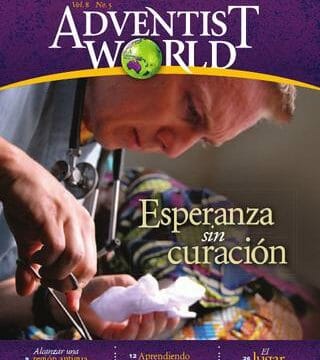One worshipper, a woman, took her brass temple idols into town and had them recast into a church bell.

You will not recognize the structure as a church. If you notice it at all, it will be because of a shiny motorcycle parked outside, or from the sound of gospel music coming through the doorway.
But the black-plastic lump is a church, a beautiful Seventh-day Adventist church standing on the side of a main road in the islands of the Sundarbans in West Bengal, India.
Grandma started the church when her daughter-in-law, a young Gospel Outreach worker, shared many unbelievable and wondrous stories of “the God who loves you.” Not being able to contain her excitement, Grandma invited neighbors to join her in studying the Bible and praying. The meetings quickly overflowed from her simple kitchen to the small strip of clay that served as the entrance to her two-room home.
* * *
It was a perfect spot for the growing group of new Christians to meet. Cramped but cool beneath the spreading limbs of a giant tree.
The congregation quickly outgrew the entryway.
“No one owns the land at the edge of the road,” one of the new believers told Grandma. “Let’s build a church here beside your house.”
“Won’t the government be angry?”
“Not until they choose to widen the road!”
The worshippers had no money to purchase building material like concrete, bricks, or steel, but collected an offering that covered the cost of a load of long bamboo, a load of black plastic, and a cartful of bright-green plastic with dark-green stripes. They tore strong strips from their banana trees and used those to tie the bamboo into a church structure. No one remembers how much time it took, but before long the church was ready for services.
One worshipper, a woman, took her brass temple idols into town and had them recast into a church bell. Then on a memorable Sabbath morning she told what she had done, and hung the new bell from a bamboo rafter at the front of the church. They borrowed a simple sound system, polished the floor, and covered it with orange-and-yellow plastic, hung shiny bangles from the roof, and opened the door on Sabbath morning.
The church, prettier than a stainedglass cathedral, now has nearly a score of men and even more women sitting on the floor, reading Scripture, singing energetically, listening to sermons, and praying long, emotional, hope-filled prayers every Sabbath. And Friday evening. And many other times during the week when members feel the pull of worship.
Since Grandma’s daughter-in-law, the Gospel Outreach worker, is in her 30s, the church quickly filled with her friends and other young men and women from the community. More and more came to visit, and the members added a table up front, a storage cabinet for Bibles, a lightbulb, an electric fan, and a red-and-white cross with a purple flower lei (or garland).
On Sabbath afternoons teachers and students from the nearby Sundarban Seventh-day Adventist School come to the plastic church, share in a quick potluck meal, then divide into a dozen groups to visit everyone who lives nearby. The students, many of whom come from Hindu, Muslim, or animist backgrounds, give Bible studies and invite neighbors to come to the church for singing, prayers, and worship. Neighbors love the students, and church attendance is beginning to stretch the plastic walls
* * *
For the past few years students from Sunnydale Adventist Academy in the American state of Missouri have been coming to the Sundarbans on mission trips. They have gone door to door in villages, played soccer with the children, and led evangelism meetings in small churches. During March 2020, Sunnydale students joined with students from the Sundarban Adventist School to hold evangelistic meetings at the plastic church. Together they taught wonderful stories of “the God who loves you,” stretching the church walls even further.
In November 2019, West Bengal was struck by Bulbul, a monster cyclone. Thousands of trees were uprooted and tossed through houses. Dry land became mud and washed away. Roads were destroyed by raging rivers. Buildings were crushed and blown and smashed.
Remember the “limbs of the giant tree” that had sheltered the worshippers when “church” was in the entryway to Grandma’s house? Grandma prayed about the tree all night during the cyclone, pleading with God to save the tree and the church. Late in the night Grandma heard the wind attack her tree. The “crack” and “crash” that nearly bounced her out of bed. Terrified, she crawled to the doorway and found limbs, leaves, and branches blocking the entrance. Expecting that the church was now just trash beneath the tree, she returned to bed in tears.
The next morning most of the church family came to see what had happened. Pulling the branches and leaves aside, they saw that the tree had fallen in the small slot between Grandma’s house and the church. It filled the entryway that had served as the “old church,” but left the “new church” and Grandma’s house unbroken.
News of “the tree that fell but saved the plastic church” spread through the villages, and people came to admire God’s careful work. Many stayed for worship.
Come early if you plan to visit for Sabbath worship this week. The plastic church will be overflowing. Bring your Bible and hymnal but prepare to leave your shoes beside the front door. You’ll love the singing, the prayers, the testimonies, and the sermon. Stay all day if you’d like, but be sure to take a look at the tree stump out back. The limbs and leaves are long gone, but you’ll notice that the stump still leans toward the entryway to Grandma’s house. It points toward the one safe spot where it could fall and do no damage. Right where angels helped it to fall. Right into the arms of “the God who loves you.”








